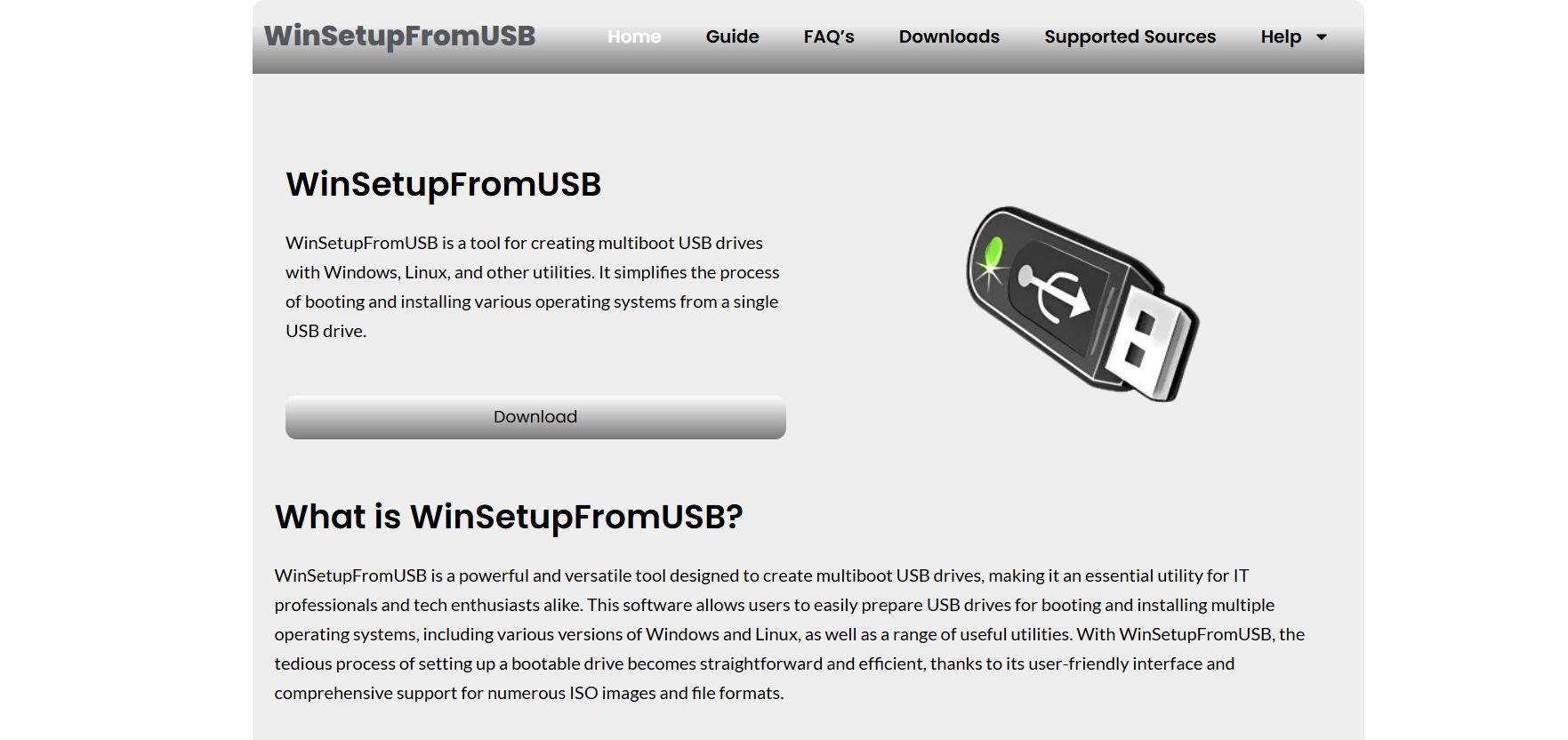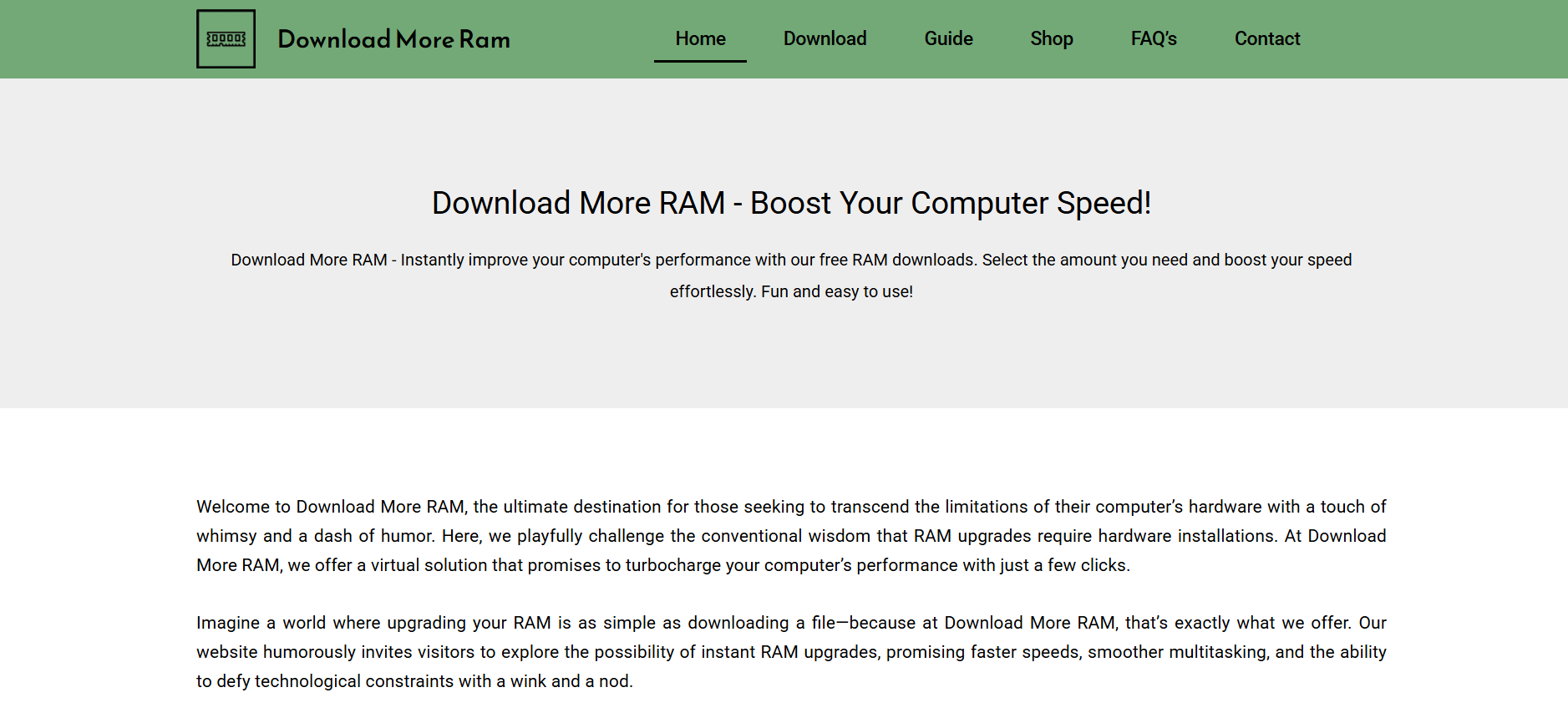How a Ruined Reputation Becomes a Google Problem You Can’t Ignore
Reputation doesn’t unravel overnight. It starts with a single complaint—something small, easy to miss. Maybe a frustrated customer posts a one-star review. Maybe someone shares a negative story on social media. Maybe a local news outlet picks it up.
At first, it feels manageable. You assume it will fade on its own.
But then you Google yourself.
And what you see isn’t just the complaint—it’s the complaint sitting front and center, on the first page of search results, right where everyone else can see it too. That’s when you realize this isn’t just a bad moment. It’s a long-term problem that’s now tied to your name, your business, and your future.
The Anatomy of Online Reputation
Everything that shows up about you online—every review, post, article, or comment—adds up to a reputation. Not the kind you think you have, but the kind people see before they ever speak to you.
A few five-star reviews? That’s trust. A thoughtful response to criticism? That’s accountability. But one unanswered complaint in a prominent spot? That becomes a headline in people’s minds. Fair or not, perception is shaped by what’s visible—and in most cases, that visibility starts and ends with Google.
What Causes Reputations to Break
Reputation damage rarely comes from one dramatic event. More often, it’s the slow buildup of minor issues that go unaddressed.
A support ticket that sits too long. A rude reply that gets shared. A post that’s taken out of context. Over time, these moments layer into a story, and if you’re not writing it, someone else is.
It can start with a bad review that spreads. Then someone comments on that review. Then it’s reposted on Reddit. Before you know it, Google’s top results are telling a version of your story you never approved.
Social Media Doesn’t Wait
The problem isn’t just what’s said. It’s how fast it spreads.
Social media doesn’t give you time to think. One person posts a screenshot. Another tags your brand. Comments pile up, and by the time you notice, the damage is already indexed in search. It’s not just a conversation—it’s content that sticks.
If you’re not tracking mentions or prepared to respond quickly and clearly, your side of the story won’t get told. And when people search for you, they’ll see only one version of the truth—the one that went viral.
When Google Locks In the Damage
Google doesn’t care what’s fair. It cares what’s popular, what gets clicked, and what has authority. So if that negative post gets attention—if it gets shared, linked, or discussed—it starts to rank. And once it’s there, it doesn’t go away easily.
That’s what makes a ruined reputation so hard to fix. Not just the initial incident, but the way search engines freeze it in place for anyone to see.
You can’t afford to let your worst moment become your most visible one.
What It Costs You
Reputation isn’t just an image—it’s influence. It decides whether someone trusts you, clicks your link, books your service, or recommends you to someone else.
When that trust is broken, the ripple effects touch everything. Customers disappear. Partners pause. Job candidates walk away. And sales? They start to slow down—not because your product changed, but because your name did.
Trust Doesn’t Come Back Easily
People are quick to judge and slow to forgive. Once a negative impression takes hold, rebuilding it takes time, transparency, and consistent effort.
You can’t just issue a statement and move on. You have to show the work. Let people see the changes you’ve made. Publish updates. Acknowledge what went wrong. Respond, even when it’s uncomfortable.
The goal isn’t perfection—it’s credibility.
Fixing a Reputation That’s Already Been Hit
It starts with knowing where you stand. If you haven’t already, Google yourself the way a customer would. Use your full name, your business name, or even common misspellings. Take note of what shows up on page one—and what doesn’t.
Then monitor it. Set up alerts. Use tools like Ahrefs or Brand24. If something new appears, you’ll want to catch it fast, before it spreads.
Create a Plan Before You Need One
Don’t wait for the next crisis to figure out how you’ll respond. Build a response plan now. Know who writes the statements, who approves them, and who presses “publish” when timing matters.
Your plan should be simple, clear, and built around three goals: protect your name, tell your story, and show your values.
Fill the Search Results With What You Want People to See
You don’t just need to push down the bad—you need to push up the good. That means publishing the kind of content you’d want someone to see if they searched for you tomorrow.
Start with:
- Helpful blog posts
- Thoughtful responses to common questions
- Articles that highlight your values or community work
- Case studies that show real outcomes
Don’t expect quick wins. Reputation recovery is a long game, but with the right strategy, it’s a winnable one.
Staying Reputable Long Term
The best way to fix a reputation is to avoid ruining it in the first place. That means staying involved, paying attention, and being present online—even when things are quiet.
Share real stories. Highlight customer voices. Celebrate wins and own mistakes. People don’t expect perfection—but they do expect you to care.
The Takeaway
A ruined reputation doesn’t end when the incident fades. It ends when the search results change, when the narrative shifts, and when the next person who Googles you finds a story worth trusting.
That doesn’t happen by chance. It happens because you made it happen—through action, clarity, and consistency.
If your reputation isn’t what you want it to be, now’s the time to fix it. Because once Google turns it into a headline, you don’t just have a PR problem. You have a visibility problem—and that’s a lot harder to ignore.




